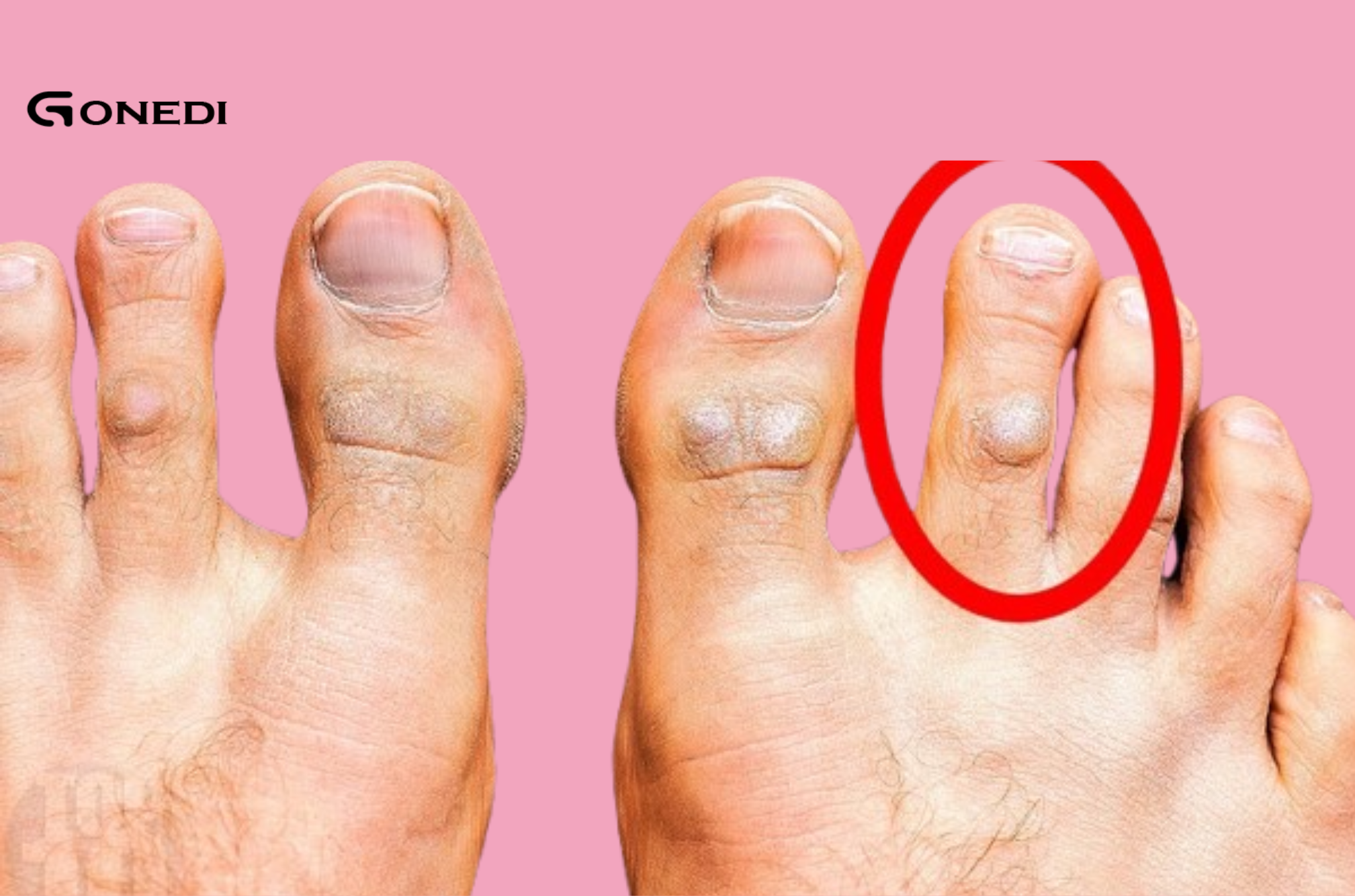8 signs your body is crying out for help
What it means: If you feel extremely tired even after a full night’s rest, it could be a sign of an underlying health problem. Chronic fatigue can be linked to conditions like sleep apnea, anemia, hypothyroidism, depression, or even chronic fatigue syndrome.
What you can do: Prioritize rest, and if fatigue persists, consider seeing a healthcare professional to rule out medical conditions like thyroid problems or vitamin deficiencies.
- Persistent headaches
What it means: Frequent headaches that don’t go away or are more severe than usual can be a sign of a number of health conditions, including migraines, high blood pressure, stress, or even brain problems like a tumor (although this is rare).
What you can do: If your headaches become more frequent or severe, or if they’re accompanied by nausea, vision changes, or dizziness, it’s important to seek medical advice. - Unexplained weight loss or gain
What it means: Unintentional changes in weight without changes to diet or exercise can be a sign of a number of problems. Unexplained weight loss could indicate diabetes, hyperthyroidism, or cancer, while unexpected weight gain could indicate hypothyroidism, polycystic ovary syndrome, or heart problems.
What you can do: Track your weight and share any unexplained changes with your doctor for further testing.
- Shortness of breath
What it means: Difficulty breathing or feeling out of breath, especially during normal activities, can indicate heart or lung conditions such as asthma, pneumonia, chronic obstructive pulmonary disease, or even a heart attack.
What you can do: If you experience shortness of breath that comes on suddenly or is accompanied by chest pain, seek immediate medical attention.
- Recurring digestive problems
What it means: Regular stomach problems, including bloating, gas, constipation, or diarrhea, could be your body’s way of signaling digestive problems such as irritable bowel syndrome (IBS), food intolerances, acid reflux, or even more serious conditions such as inflammatory bowel disease (IBD).
What you can do: Keep a food diary to track any triggers and consider seeing a gastroenterologist if symptoms persist.
- Changes in skin appearance
What it means: Changes in your skin, such as a rash, moles that change shape or color, or sudden dryness, could indicate an underlying condition such as eczema, psoriasis, lupus, or even skin cancer.
What you can do: Check your skin regularly for any unusual changes, and if you notice anything concerning, it’s best to consult a dermatologist for a professional evaluation. - Joint pain and swelling
What it means: Pain, swelling, or stiffness in your joints could be a sign of arthritis, rheumatoid arthritis, or even lupus or other autoimmune diseases.
What you can do: If you have persistent joint pain that doesn’t get better with rest, see your doctor for a proper diagnosis and treatment plan. - Mood swings and irritability
What it means: Extreme mood swings, irritability, or sudden emotional shifts can indicate mental health issues such as anxiety or depression, but they can also be linked to hormonal imbalances, especially during menopause, pregnancy, or thyroid problems.
What you can do: Talk to your health care provider if your mood changes are affecting your daily life, as they may be linked to hormonal or psychological issues that need attention.
What you can do for yourself
Listen to your body: Don’t ignore these signs. Pay attention to ongoing changes in your body’s signals and consult a health care professional if necessary.
Lead a healthy lifestyle: Regular exercise, a balanced diet, stress management, and adequate sleep can prevent many health problems and help you feel your best.
Be proactive: Regular health checkups can help catch problems early and improve your long-term health.
Your body is always communicating with you, so paying attention to any changes can lead to better overall health and early detection of any potential problems.


